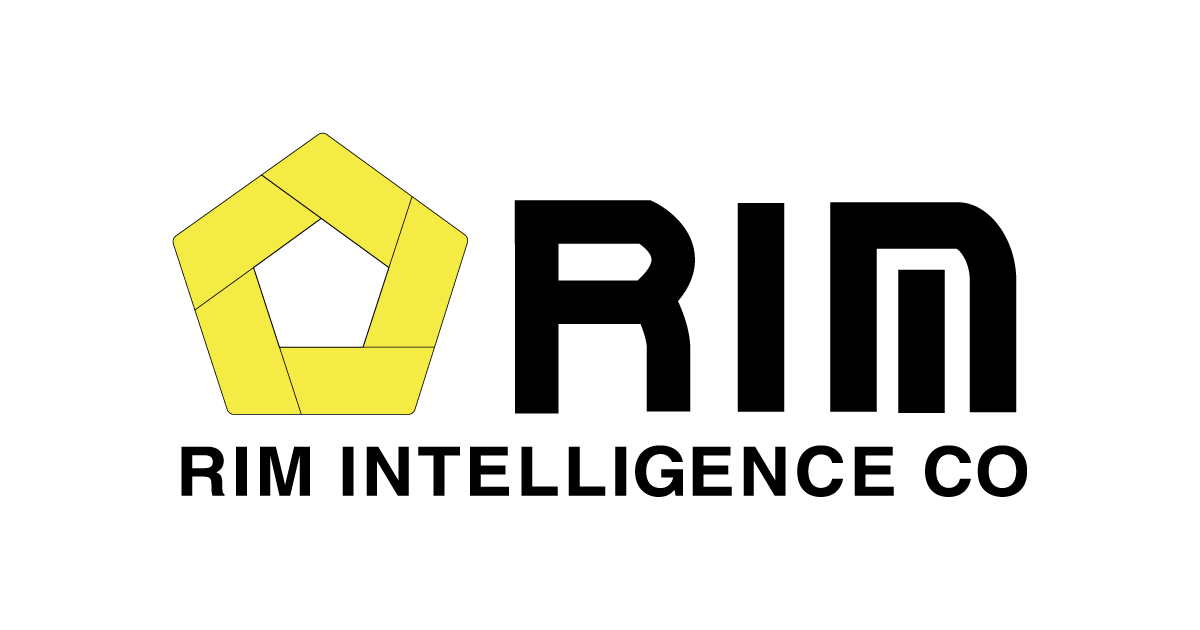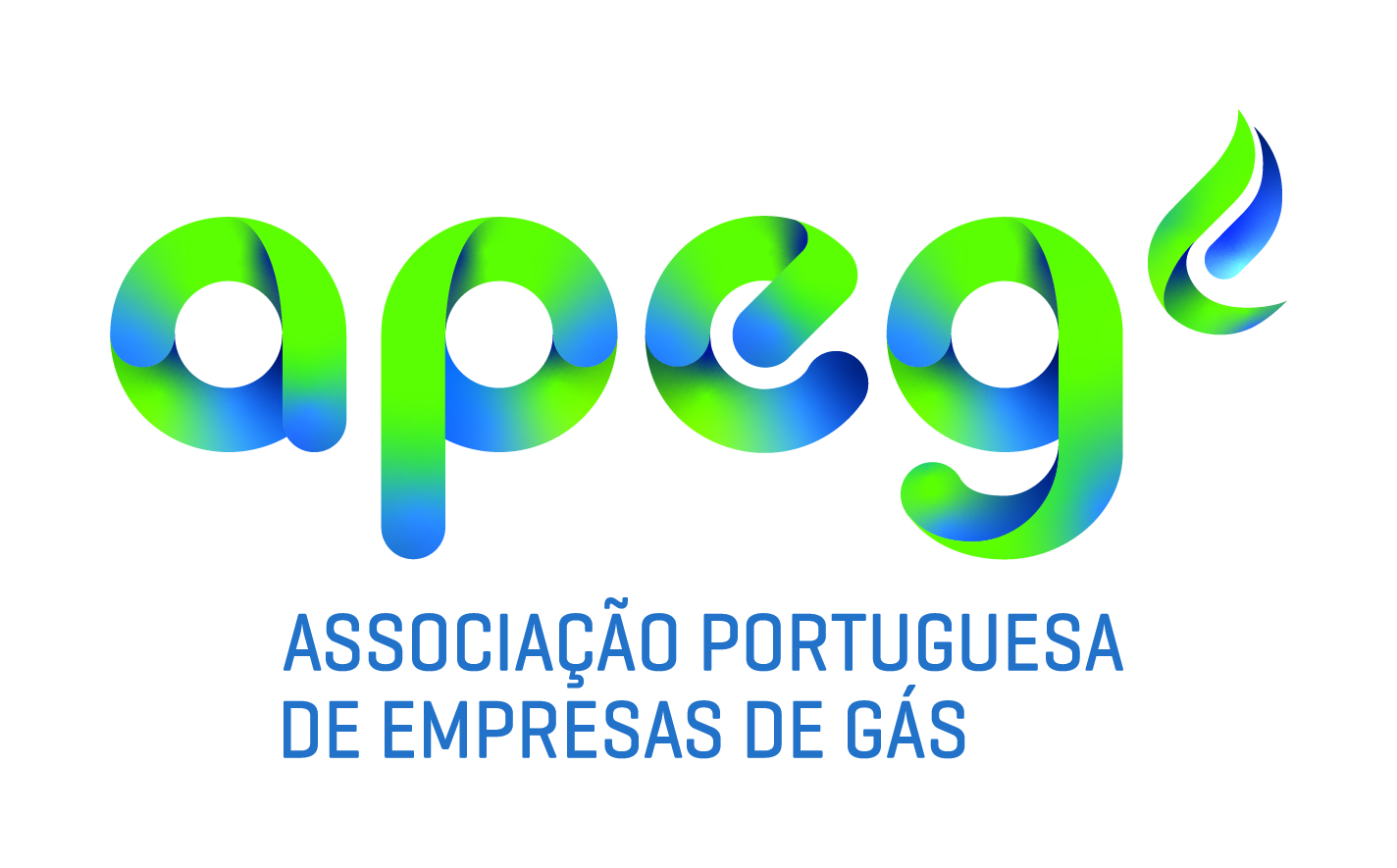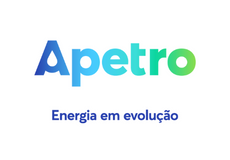

António Comprido
General Secretary Apetro
 BIO
BIO
António Comprido holds a degree in Mechanical Engineering from Instituto Superior Técnico (IST). For over more than 52 years of his professional career, he has been improving his skills through business education, including courses at Cambridge and Stanford Universities.
He started his career as a Researcher at the Portuguese Nuclear Power Institute and lectured for 7 years at the same University where he graduated, IST.
He spent about 14 years in the shipbuilding industry in different roles, culminating as General Manager of the Portuguese ship repair yard, one of the largest units in the world at the time.
After a short period in Siderurgia Nacional as Organization and Systems Manager, Antonio joined BP Portugal in 1988 and the Board in 1994, being appointed as Country President in 1999, after two years as BP Oil UK CFO. During this time, he was BP’s representative on the Portuguese National Oil Association (APETRO), where he was Chairman from 2001 to 2008, the year he left BP.
From 2010 to 2017, he became Chairman of the British Portuguese Chamber of Commerce
APETRO’s General Secretary since 2009, he is currently a Senior Member of the National Engineers Association (Ordem dos Engenheiros), an Advisory Member of the Mechanical Engineering Department at IST, an Advisory Board Member for the Energy Sector Regulatory Agency (ERSE), and an Advisory Board Member of the Compulsory Stocks Agency hosted by Energy Sector National Entity (ENSE).
Q & A
1. What does your organization do in the energy transition?
Apetro is a business association and consequently we do not have a direct activity in the energy transition. This doesn’t mean that we are not working on it. We subscribe completely the objectives to decarbonize the economy and reduce GHG emissions as agreed in COP meetings and targeted by EU. So, we present our views to the European and national legislators to have a technological neutral approach, supporting all the possible ways to reach those objectives. Furthermore, we promote the networking and sharing of experiences amongst our member companies, to speed and scale up the solutions that they are developing, whenever this is possible and necessary. For example, we have created, together with several other associations, a Low Carbon Fuels platform to promote them to decarbonize the transport sector.
2. Why did you agree to get involved in the Lisbon Energy Summit?
We believe that this type of events helps the different actors to discuss these issues and, simultaneously promote Portugal as an important place to do it. We also believe that our Association can add value to the event, as it represents an Industry that faces the enormous challenge of replacing fossil energy sources with renewable ones, maintaining, at the same time, the safety of our operations and continuing to provide the products and services that all sectors of the economy cannot abdicate.
3. What is one thing as an industry/society we can do today to move the needle on accelerating the transition?
The energy transition is a complex process that needs a wide consensus to be successful. This implies an improvement in literacy of all stakeholders, to achieve that consensus and avoid wrong decisions taken by a few of them. It is also needed that the transition is economic, environmental, and socially sustainable, analysing the impact of the different alternatives and avoiding the simplistic approach that “one size fits all.











































































































